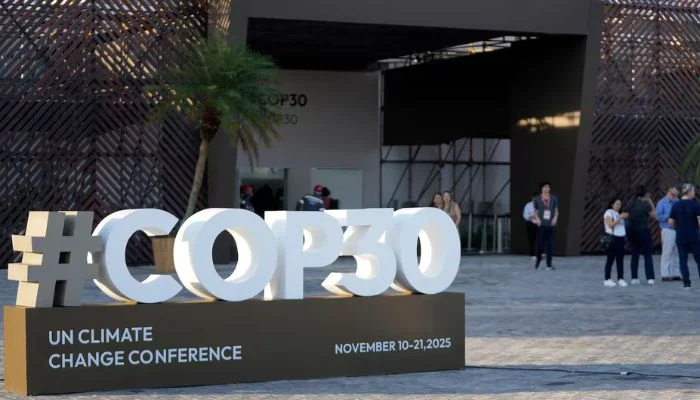On fossil fuels, nations face a pivotal choice. One path encourages countries to develop “just, orderly, and equitable transition roadmaps,” yet it stops short of a global phase-out plan already backed by over 80 nations. The alternative is far weaker, merely inviting countries to share “success stories” on low-carbon strategies. Tina Stege, the Marshall Islands’ climate envoy, criticized this language as “weak,” urging negotiators to push for stronger commitments.
Finance negotiations are equally contentious. Vulnerable countries are pushing to triple adaptation funding for developing nations to $120 billion annually by 2030. However, developed nations are resisting binding targets, suggesting only that funding should be “dramatically scaled up.”
For the first time in UN climate history, trade has become a central topic. China and India have raised concerns over carbon border taxes, prompting proposals ranging from new dialogues to a dedicated annual UN trade-and-climate summit.
As ministers arrive for the summit’s final negotiations, the choice is clear: embrace the stronger measures or risk weakening the outcomes from Belém. The success of the “Belém political package” now depends on resolving these deep divides before the conference wraps up.
#COP30 #ClimateAction #FossilFuelTransition #ClimateFinance #SustainableTrade #BelémSummit #GlobalClimatePolicy







